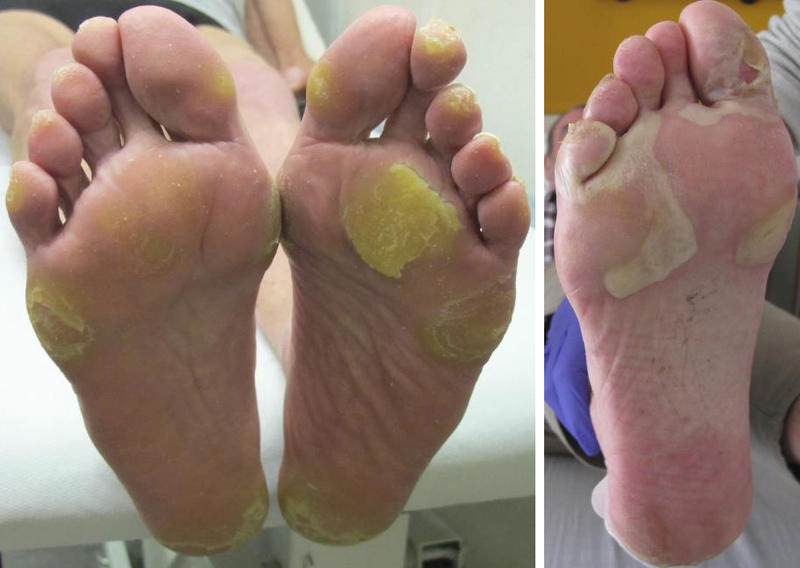There's a bit in the way we talk about cancer that annoys me. Here are some of my pet peeves.
For a start I don't like the term "cancer journey"(trite) and I hope no one EVER says about me "she lost her fight against cancer on..."
When you go on a journey you usually end up somewhere nice. Cancer is not a journey.
... the words of another person with cancer (whose name I have unfortunately forgotten)
Survival rates vary. The medical profession talks about 5-year survival rates when comparing different treatments. The 5-year survival rate for liver cancer (hepatocellular carcinoma, HCC) in Australia was 18% in 2015-16 when I was diagnosed. So that means less than 1 in 5 will still be alive in 5 years.
Survival rate is improving though, thanks to more research and new treatments. But the diagnosis rate is increasing too.
HCC is the 15th most commonly diagnosed cancer. More common in men than women, more of a risk for with people with chronic hepatitis, liver scarring (cirrhosis). I'm not male and have neither of these, nor indeed any other risk factors. Random mutation the specialist told us.
There are not many treatment options. Some people will be eligible for surgery or ablation. I had surgery initially and that successfully removed the tumour in my liver. Unfortunately secondary tumours developed in other parts of my body, mainly my lungs. Too many for surgery.
Drug wise there are two approved medicines in Australia aimed at treating cancer (May 2019). Both approved drugs are targeted therapies that interfere with cancer cell metabolism. They cannot "cure" the cancer, merely try to stop it in its tracks, preventing further tumour growth. The second, lenvatinib (Lenvima), has about a 50-50 chance of effectiveness. But it can easily give you some nasty side effects too.
The immunotherapy treatment I've been lucky to access is not yet approved for liver cancer in Australia. I have been fortunate to access to it through the drug company's compassionate access program. Thank you, Bristol-Myers Squibb. I was also supported by Sir Charles Gairdner Hospital in Perth, Western Australia. Thank you, IV Lounge.
Back to my pet peeves. The medical professional has a very odd way of referring to the growth of cancer tumours: progression! Really? One of the measures of the effectiveness of a new cancer drug is "Progression Free Survival" - how many months did you live on this drug before the cancer got worse? When the cancer gets worse it is hardly progress. Sure it is progressing towards death, but not the most thoughtful expression from the patient's perspective.
I also don't like the term "cancer sufferer". Does that ever drop you in the victim box and leave you there. I'm not asking Why me? I'm more of a Why not me? person. Get in there, find out all you can and figure out what you can do, and what you cannot.
My hepatocellular carcinoma (HCC) diagnosis came in 2016. So here I am in 2019, three years later. Living the life. With secondaries in my lungs. Will I be here in 2021? Will my number be up when the five year period is up? Who knows. Maybe not. When I die - and I surely will - I've left instructions about how to let friends and family know: in the paper, by email, phone and on social media. My partner Tom and my son Khalil would not dare to say "she lost her battle against cancer". I'll be back to haunt them if they do.
People, it's not a battle (or a journey). I'm not fighting anyone or anything. I'm living my life as best I can, just like you. The language or war and conflict has no place in a discussion of life and health.
And finally.
Yeah, the elephant. As a society we need to get better at talking to people with cancer. I know, I've been as guilty as the next person. Quite some years back I visited a relative at home. She was nearing the end of her life and had cancer. (I had yet to join that particular club.) I am ashamed to say that I spent a fair bit of the visit talking to her daughter about anything but cancer or her mother's health. Heaven's above, the sick relative was not deaf or mute.
Why didn't I talk to her about how she was going? Maybe I did not know how to. Felt embarrassed. Had never faced this situation before, fearful of saying the wrong thing. So avoided the elephant in the room.
This experience flipped back on me in the early days of my first unsuccessful treatment of the metastases. I had terrible side effects to Nexavar (sorafenib). Particularly hand and foot skin reaction, which sounds like a bit of a rash, but is much worse. Your fingers and toes become red, swollen and extremely painful, all the time. To touch ANYTHING is excruciating. I used white cotton gloves all the time on my hands to protect them a bit. But I could barely take down my pants to use the toilet, brush my teeth, cut my food, use my inhalers. I went from OK to invalid in a few days. These pictures are not my feet but mine looked similar.
It's a sign of toxicity, so after 10 days on this drug I had to stop and face my "final run". During the 10 days of sorafenib, at the height of the pain and disability, we went out to dinner with some good friends. Perhaps this would take my mind off the pain. At home my partner and I spoke much about cancer drugs, death, funerals, side effects, palliative care, survival statistics etc. We could barely think about anything other than cancer.
At dinner our good friends could not face the elephant in the room. Our friends, who had faced cancer themselves, could not mention it for more than a minute, it seemed. Even when my partner had to cut up my meal in front of them and I had to wrap a cloth around the cutlery to further protect my hands from the pressure.
Is it that cancer reminds us all about the temporary nature of life, that we all face death (though some more imminently)? Are people are frightened that if they raise the topic they are going to be bombarded with nothing but hospital and medical topics?
I'm not sure how we do it but we've got to get better at talking about cancer, because a hell of a lot of people are going to get it. But we should avoid those hackneyed terms about journeys and fights.
The Death Cafe movement encourages people to feel more comfortable talking about death and dying by hosting safe conversations in public places like cafes and bars. I have attended the Perth Death Cafe on several occasions and found it to be a marvellous way to explore ideas. Not everyone attending has received a bad prognosis. Some are still getting over the death of a close family member or friend. Some are just wanting to get their life ready for the inevitable phase, when it comes.




